February 28, 2022
Three members of GaHIN’s Board of Directors recently took a starring role in a presentation on Using Data to Mitigate Health Inequities from the COVID-19 Pandemic. The presentation was for a national Health Equity Workgroup examining challenges and solutions around health inequities.
The discussion was led by Dr. Denise Hines, GaHIN’s Executive Director, who is heading the Health Equity Workgroup as part of GaHIN’s participation in the STAR HIE Grant from the Office of the National Coordinator for Health Information Technology (ONC).
The presentation and follow-up discussion received praise from attendees, which included members of ONC, HRSA and other federal agencies, who were eager to gain insights from frontline physicians and administrators. While the impact of social determinants of health (SDOH) data on patient health is acknowledged, addressing inequities and needs within a medical setting has proven difficult. You can learn more about SDOH here.
The ONC has kindly provided a link to allow public access to the recording. You can view it here.
Presentation Highlights
Dev Watson, Chief Information Officer, Georgia Primary Care Association, was the third Georgia speaker. The Georgia Primary Care Association (GPCA) is a HRSA-funded entity tasked with supporting the needs of the Federally Qualified Health Centers (FQHCs) in Georgia. Its 35 member organizations serve 131 counties, offering primary, behavioral, substance abuse, dental and vision care.
Mr. Watson discussed the COVID-19 challenges that faced the organization’s members. Like many providers, information exchange, staffing, supplies and immunization/vaccine reporting were problematic. However, the GPCA was able to use registry data to engage patients needing vaccinations through communication events and electronic patient messaging.
Because adequate access to high-speed internet is a challenge for many of those served by FQHCs, GPCA created an application that supports texting for its patients. The app allows patients to text to request referrals and connections to specific services. They then receive three options to select from.
Dominic H. Mack, M.D., MBA, GaHIN’s Board Chair, led the discussion. Dr. Mack is a Professor, Family Medicine; Director, National Center for Primary Care; Executive Medical Director, HI-BRIDGE HIE; and Director, National COVID-19 Resiliency Network, all at Morehouse School of Medicine.
Dr. Mack focused on the National COVID-19 Resiliency Network (NCRN) and its work to mitigate the impact of COVID-19 on vulnerable populations. NCRN is leveraging technology and data streams to identify, engage and partner with vulnerable communities through local state, territories and tribal partners.
The organization developed an interactive, web-based interface with visualization for the entire US which can drill down to the community/Zip Code level. The app includes location-based risk assessments and resource navigator and can be downloaded from the Apple and Android app stores. Dr. Mack pointed out that NCRN is doing more than identifying issues; they are also providing funding to community organizations.
Jeffeory H. White, MD, FAAP, Founder of White’s Pediatrics in North Georgia, shared information on the impact of COVID-19 on children. Since late August, children ages 5 through 17 have had the highest COVID-19 case rates among all other age groups, he explained.
Recognizing that his young patients’ health is dependent on their living situation, Dr. White developed a one-page questionnaire that asks the parent or guardian if the family has access to basics like food, shelter, clothing, daycare, etc. If the data reveals needs – and it often does – the parent is referred to the practice’s care management team that includes bilingual medical staff and a social worker.
Bolstering the care management team is White’s Pediatrics Foundation, which is funded by donations. The Foundation was the brainchild of employees who recognized a patient’s medical needs cannot be separated from their physical, mental, emotional and spiritual needs.
The inability to report that SDOH data and assistance is frustrating, says Dr. White. He would like to see CMS develop standards to allow for the interoperable sharing of SDOH information.
